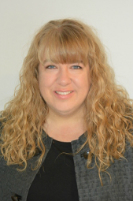CRYO2019, the 56th Annual Meeting of the Society for Cryobiology, took place recently July 22-25 in San Diego.
As climate change and population growth are of increasing global awareness and concern, CRYO2019 opened with a special conservation session detailing current research activities in preservation of genetic material from wild animal and plant species and agriculturally important crops. Speakers included Oliver Ryder, Kleberg Endowed Director of Conservation Genetics at The Frozen Zoo® of San Diego Zoo's Institute for Conservation Research, giving an overview on the Frozen Zoo's past, present and future conservation research and activities; Hugh Pritchard, Senior Research Scientist in Comparative Seed Biology, at the Royal Botanic Gardens, Kew (UK), speaking on the importance of cryobiotechnology for conservation of wild plant species; and Bart Panis, senior scientist at KU Leuven (Belgium), on the realizations and challenges of ensuring the world's food supply through cryopreservation of vital crops, such as bananas, cassava, potatoes, and sweet potatoes. These topics were further explored throughout the meeting in a number of related sessions including animal conservation and germplasm preservation, and plant cryobiotechnology.
San Diego and the surrounding area is a well known biotechnology hub, and for this reason the second day of the meeting featured a dedicated cell therapy track, featuring a number of academic and industry speakers, including plenary speakers Robert Tressler, Vice President of the San Diego Blood Bank, and John Elliott, Principal Investigator at the National Institute of Standards and Technology (NIST). Session themes throughout the day included preservation of cellular therapies and good manufacturing practice in cell therapy manufacturing development and commercialization, with industry speakers from Kite Pharma, GE Healthcare, Fate Therapeutics, BioLife Solutions, and Juno Therapeutics, among others.
Multiple sessions in fundamental cryobiology topics, cell and tissue preservation, tools and technologies, natural adaptation, and thermal medicine rounded out the scientific program, alongside several sessions organized in collaboration with the Organ Preservation Alliance and the International Society for Biological and Environmental Repositories (ISBER). Full program information can be viewed at
cryo2019.com/schedule.
During the meeting the Society for Cryobiology was pleased to announce the inaugural winners of two recently established awards, the Dayong Gao Young Investigator Award, named after current Society President and sponsored by GoldSim, which gifts $5,000 to a young researcher in the first 10 years of their post-PhD career, and the Arthur W. Rowe Cryobiology Best Paper Award, awarded to an outstanding research article published in the preceding year in Cryobiology, as decided by the journal's editorial board.
The inaugural winner and recipient of the Young Investigator award was announced as Leandro Godoy, Associate Professor at the Federal University of Rio Grande do Sul, Brazil, for his research on the application of biotechnologies to reproduction of aquatic organisms, the development of protocols for gamete and embryo cryopreservation and the effects of cryopreservation on reproductive cells metabolism. His research has applications in both aquaculture and conservation of endangered aquatic species through the establishment of germplasm banks. Dr. Godoy, who is leader of the ReefBank Project, plans to use the $5,000 honorarium for the ReefBank Project, specifically to assist with creating the first bank of coral gametes in the South Atlantic Ocean.
Arthur W. Rowe, founding member of the Society, and Cryobiology editor-in-chief for 24 years, delivered a presentation on the journal's history before the announcement of the winner of the eponymous best paper award - James D. Benson (University of Saskatchewan) et al. for "A toxicity cost function approach to optimal CPA equilibration in tissues" Cryobiology vol. 80. This research explores a numerical approach to adapt cell-based CPA equilibration damage models for use in a classical tissue mass transport models, and found that there are fundamental differences between protocols designed to minimize total CPA exposure time in tissues and protocols designed to minimize accumulated CPA toxicity.
CRYO2020 will take place July 21-24, 2020 in Chicago.
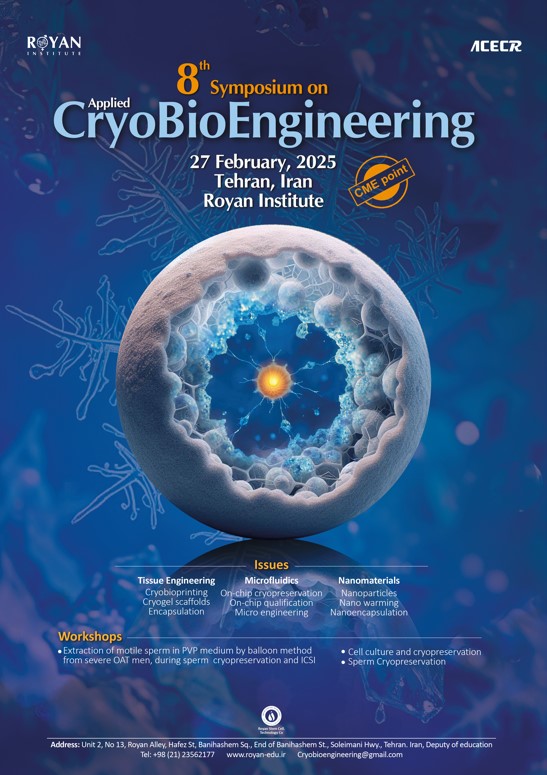 The Royan Institute's 8th symposium on Applied Cryobiology Engineering took place on February 27, 2025, in Tehran. Presentations were given by local and international speakers from Iran, Canada, and Australia.
The Royan Institute's 8th symposium on Applied Cryobiology Engineering took place on February 27, 2025, in Tehran. Presentations were given by local and international speakers from Iran, Canada, and Australia.
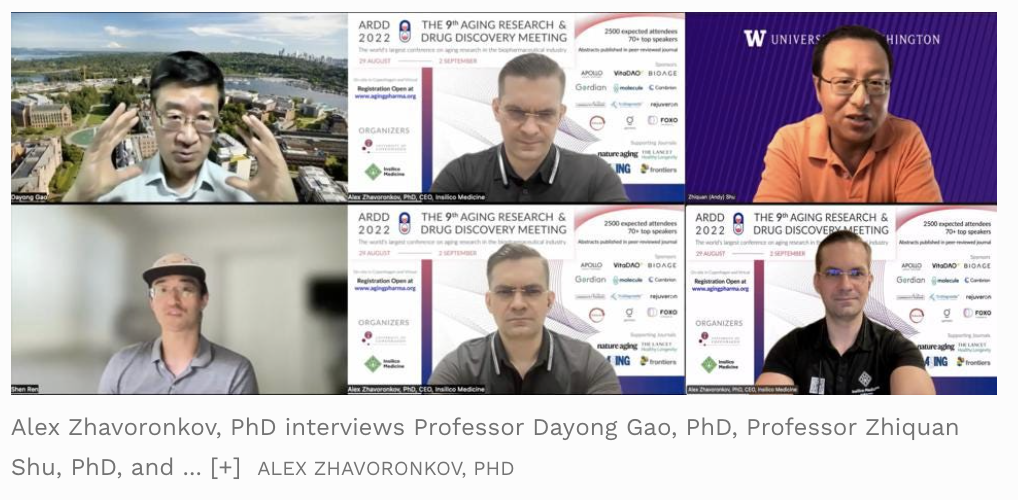 Society for Cryobiology Past President (2018-2019) and Fellow Prof. Dayong Gao, and two of his group members Dr. Shen Ren and Dr. Zhiquan (Andy) Shu were recently
Society for Cryobiology Past President (2018-2019) and Fellow Prof. Dayong Gao, and two of his group members Dr. Shen Ren and Dr. Zhiquan (Andy) Shu were recently 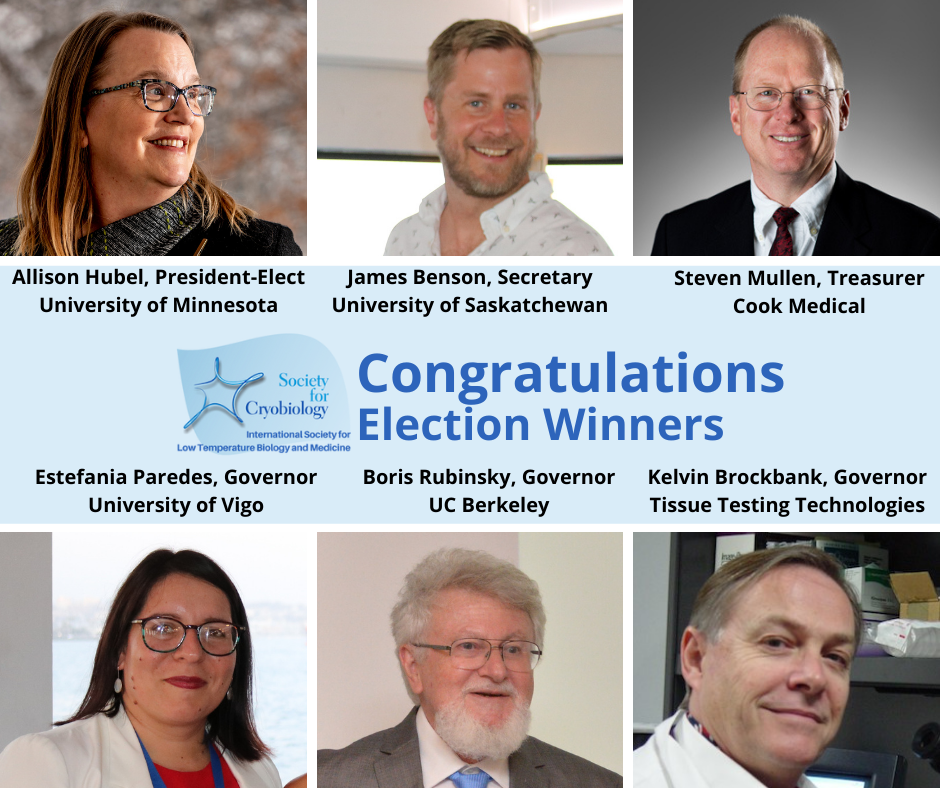
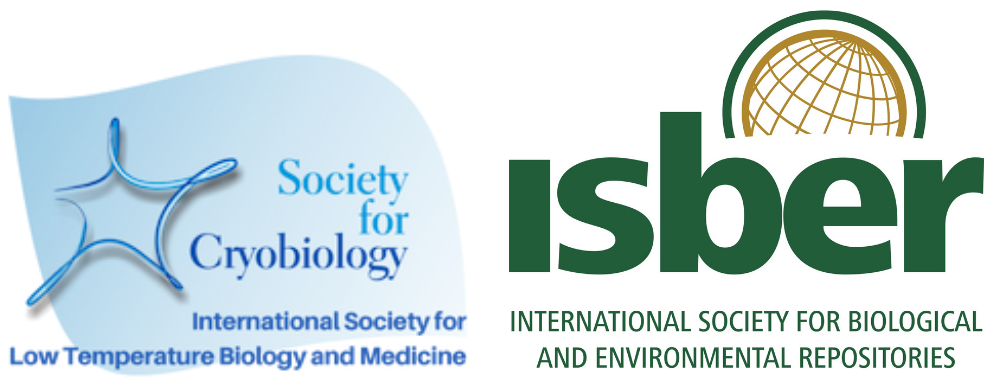

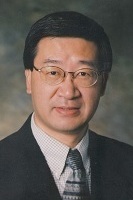 As my term as President of the Society for Cryobiology draws to a close, I would to express my deep appreciations and to reflect on the achievements of our society during the previous two years.
As my term as President of the Society for Cryobiology draws to a close, I would to express my deep appreciations and to reflect on the achievements of our society during the previous two years.  University College London (UCL) and the Royal Free London Hospital have announced a new ovarian tissue bank to preserve the fertility of girls and women about to undergo treatment for cancer.
University College London (UCL) and the Royal Free London Hospital have announced a new ovarian tissue bank to preserve the fertility of girls and women about to undergo treatment for cancer. 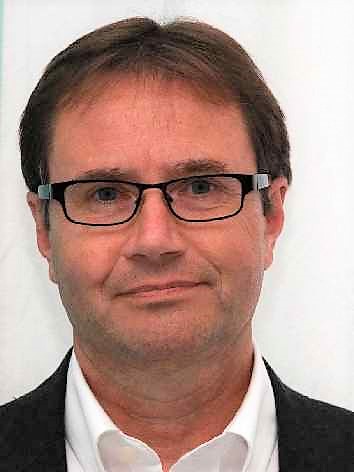 Prof. W. John Armitage has recently been awarded an OBE for services to corneal transplantation in the Queen's New Year Honours list.
Prof. W. John Armitage has recently been awarded an OBE for services to corneal transplantation in the Queen's New Year Honours list. 
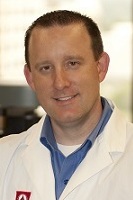 Dr. Jason Acker is a Senior Research Scientist with the Canadian Blood Services and a Professor in the Department of Laboratory Medicine and Pathology at the University of Alberta, Edmonton, Canada. He received his Bachelor of Science, Master of Science in Experimental Pathology and PhD in Medical Sciences degrees from the University of Alberta. In 2000, Dr. Acker completed a Canadian Institutes of Health Research Post-Doctoral Fellowship at the Massachusetts General Hospital and Harvard Medical School. Dr. Acker received a Master of Business Administration in Technology Commercialization program from the Alberta School of Business at the University of Alberta in 2009.
Dr. Jason Acker is a Senior Research Scientist with the Canadian Blood Services and a Professor in the Department of Laboratory Medicine and Pathology at the University of Alberta, Edmonton, Canada. He received his Bachelor of Science, Master of Science in Experimental Pathology and PhD in Medical Sciences degrees from the University of Alberta. In 2000, Dr. Acker completed a Canadian Institutes of Health Research Post-Doctoral Fellowship at the Massachusetts General Hospital and Harvard Medical School. Dr. Acker received a Master of Business Administration in Technology Commercialization program from the Alberta School of Business at the University of Alberta in 2009. 